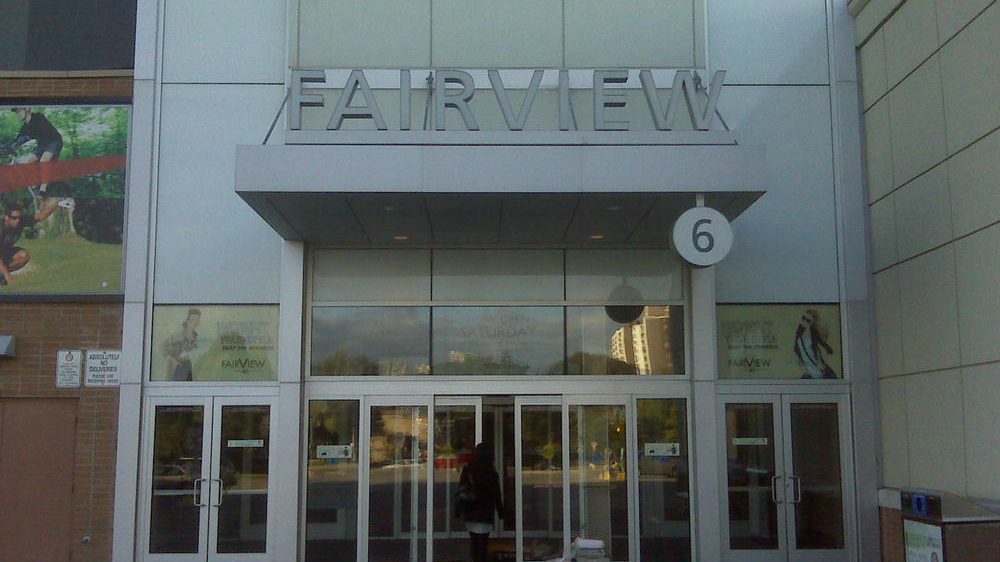What will each of the Toronto mayoral candidates do about public safety
Posted June 15, 2023 10:17 am.
With a spike in violence on the TTC spooking Toronto residents earlier this year, public safety on transit and across the city will be top of mind for voters as they head to the polls on June 26.
How each candidate will approach the issue while also tackling the police budget, with some calling for funds to be redistributed into community services that help prevent crime, can be found detailed in each of their platforms.
Here is a breakdown of how the top mayoral candidates plan to handle it:
Ana Bailão
- Immediately redeploy and hire TTC staff to have more eyes and ears at stations and on platforms across the city.
- Increase security camera coverage across the TTC.
- Support amending subsection 269.01 of the Criminal Code to include all transit workers, not just operators, who face unacceptable harassment at work.
- Expand the Toronto Community Crisis Service to cover the entire city, connecting people in crisis with trained mental health professionals.
- Introduce Mobile Mental Health Clinics working with community health partners in high-priority neighbourhoods and transit stations.
- Support bail reform so violent, repeat offenders are not constantly in a revolving door between courts and city streets.
Brad Bradford
- Install platform edge doors at subway stations
- Boost security and safety patrols across the TTC
- Establish dedicated Bail Compliance Units by working with the Toronto Police Service to keep tabs on alleged criminals who the courts have released into our community (68 new officers, with an average of four per Toronto’s 17 police divisions).
- Create a new agency that would boost mental health resources for people in distress by bringing together more than 100 mental health and crisis outreach workers dedicated to supporting people in distress across the TTC network and in communities across the city.
Olivia Chow
- Expand the Toronto Community Crisis Service (TCCS) city-wide
- Establish an Emergency Response Transformation Team to improve 911 wait times.
- Restore workers in TTC stations to be the eyes and ears of the system.
Anthony Furey
- Phase out safe injection sites and replace them with treatment centres.
- Enhance public safety by hiring 500 more uniformed officers.
- Invest resources to achieve NENA (National Emergency Number Association) standards for 911 calls to ensure 90 per cent of 911 calls are answered within 15 seconds and 95 per cent are answered within 20 seconds.
- Appoint no councillor who has called to defund the police to the Executive Committee.
- Work with the Police Services Board and Chief to enhance “beat cops” on the streets.
- Allow for more mental-health workers to augment police expertise when needed.
Mitzie Hunter
- Pair social workers with transit officers: De-emphasize sole focus on enforcement by transit officers and emphasize public safety.
- Launch a community ambassadors program in addition to law enforcement on subway trains.
- Transition to installing glass sliding doors on all subway platforms for enhanced safety.
Josh Matlow
- Will fund a $115 million Community Health & Safety Fund to address the root causes of violent crime. The Community Health & Safety Fund will be financed by stabilizing the annual police budget of $1.16 billion for three years.
- Supportive of the decriminalization of illicit drugs for personal use and safe injection sites.
Mark Saunders
- Adopt a zero-tolerance policy toward needle disposal outside of supervised injection sites.
- Make it easier to report used needles for cleanup in the 311 app.
- Revisiting the Toronto Overdose Action Plan to focus more on treatment, as opposed to continuing to expand the facilitation of drug use.
- Raise fines and penalties for disorderly conduct at TTC stations and on subways, buses, and streetcars.
- Hire 400 Toronto police officers and 200 TTC Special Constables to bring additional 600 uniformed officers to Toronto’s neighbourhoods and transit system.
- Increase the number of mobile crisis response teams to provide a more consistent and around-the-clock response.
- Revisiting the Toronto Overdose Action Plan to focus more on treatment as a key priority for the City’s response, as opposed to continuing to expand the facilitation of drug use.
- Immediately meet with the Prime Minister to call for urgent reform to the bail system and Criminal Code to prevent ‘catch-and-release’ release policies.
- Push for the creation of a reverse onus at bail hearings for violent and repeat offenders, including those with firearm charges.










